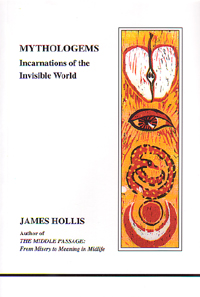When
we take the gods as facts, rather than metaphors,
then we get lost in debating the merits of the
facts rather than apprehending their meaning.
The fundamentalist ties his or her believes to
the facts and narrows the spiritual vitality by
fighting rear-guard actions against disputation.
On the other hand, the atheist disputes the evidence,
gets confused by the institutional forms to which
he or she has been exposed, and misses the possible
deepening which occurs whenever one confronts
the meaning of divinity.
When
institutions prevail over private experience,
the oppression will manifest as depression and
reification, precursors to the horrors of pogroms
and crusades. This is the meaning behind the critiques
of Kierkegaard and Nietzsche in the nineteenth
century and the so-called “death of God”
theologians in the twentieth. Each had observed
that the imago Dei ossified and ceased to move
its communicants to awe. In time, the momentum
and self-interest of the institution can even
serve to prevent people from primal, religious
encounter which could actually threaten its stability
and the social vision it guards.
As
Jung said, the gods had become diseases. The names
they once rendered luminous had become husks.
As I have previously noted, the oldest of religious
sins is to worship the husk after the energy has
departed. It is called idolatry, and we have raised
up many false gods in our time. Consider our contemporary
Pantheon: plenipotentiary Progress, massive Materialism;
heroic Health; normative Narcissism, nasty Nationalism;
sophistic Scientism, and many others. None saves,
none connects, none abides, and we all damn well
know it.
|
